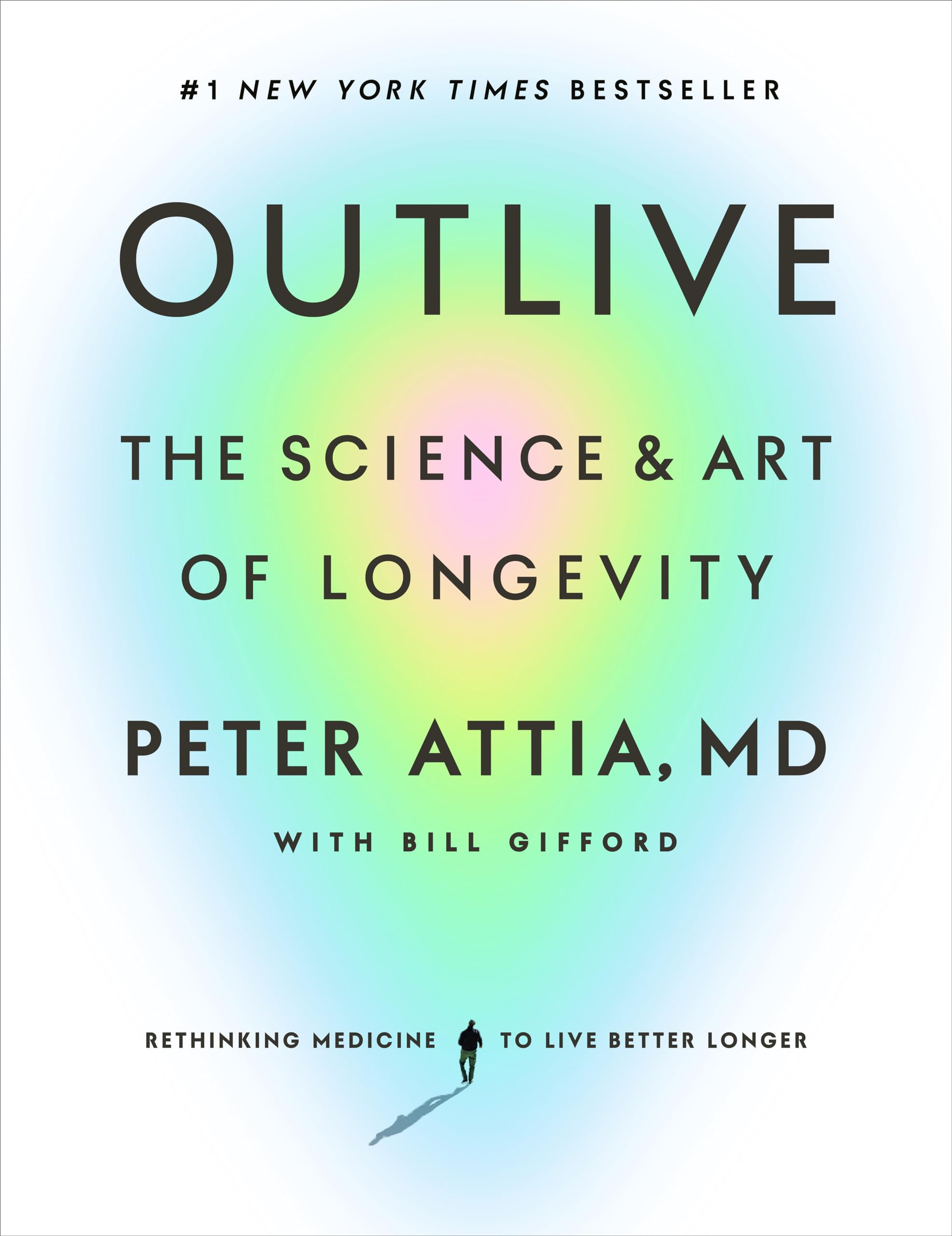Chapter 14: Nutrition 3.0: You Say Potato, I Say “Nutritional Biochemistry”
byChapter 14 explores the complexity and confusion surrounding nutrition, emphasizing the misinformation that has pervaded dietary discussions. The author draws on both personal experiences and professional insights to critique the divisive nature of popular diets and the shortcomings of traditional nutritional science. The chapter reflects on the author’s journey from adhering strictly to a ketogenic diet to adopting a more flexible and scientifically informed approach, which he refers to as “Nutritional Biochemistry” or Nutrition 3.0. This method challenges the idea of a one-size-fits-all approach to nutrition, encouraging a personalized, evidence-based path that takes into account individual needs, metabolic responses, and other personal health factors.
Nutritional Biochemistry stands out for its focus on understanding how food interacts with a person’s specific genetic makeup, microbiome, and overall physiological condition. Unlike traditional diets that advocate for generalized plans, this approach recognizes the diversity of individual responses to foods. The idea is to move away from cookie-cutter nutrition advice and instead offer a more tailored approach that considers the unique biological and lifestyle factors of each person. This shift toward personalization in diet aims to optimize health outcomes by taking into account the complex interplay between genes, environment, and dietary habits, ensuring that dietary plans are both effective and sustainable in the long term.
The chapter critiques the reliance on epidemiological studies in nutrition, which are often observational in nature and fail to establish direct cause-and-effect relationships. These studies can be valuable in identifying patterns but often lead to oversimplified conclusions due to their inability to account for confounding factors. The author points out that many well-known studies have contributed to misconceptions in the health and diet debates, with their findings sometimes misinterpreted as conclusive, even when the evidence is not definitive. This highlights the limitations of relying on these studies for personalized diet recommendations, as they often offer little clarity on how different people should approach nutrition. It is a call for more rigorous and targeted research that can help provide the evidence needed for personalized dietary advice.
While clinical trials are generally more controlled, they also come with their own set of challenges, especially in the field of nutrition. These trials, although valuable, often face issues such as difficulties in ensuring participants adhere strictly to dietary protocols. The author references studies like the Women’s Health Initiative and the PREDIMED study to illustrate how, despite their rigor, nutrition trials struggle with generalizability. This underscores the complexities of nutrition research and emphasizes the need for more personalized, context-specific dietary recommendations that better align with individual metabolic responses and preferences. It is a reminder that a diet that works well for one person may not have the same effect on another due to unique metabolic or environmental factors.
Ultimately, the chapter encourages readers to move away from dietary ideologies and instead adopt a science-based, individualized approach to nutrition. The author suggests focusing on basic principles such as managing caloric intake, ensuring sufficient protein consumption, and minimizing toxin exposure. These foundational guidelines can provide a practical starting point for improving health, but the key to lasting success lies in adapting these principles to each individual’s unique metabolic needs. By prioritizing metabolic health and taking a flexible approach, people can avoid the pitfalls of popular diet trends and adopt a sustainable, personalized nutrition strategy. This approach ensures that dietary changes are practical and achievable, promoting long-term health without the burden of restrictive diet trends.
The chapter concludes by advocating for tailored nutritional interventions that account for the vast differences in individual metabolism and health conditions. By recognizing that dietary success is not one-size-fits-all, the author promotes a more informed and adaptive approach to nutrition. Through the lens of Nutritional Biochemistry, the author envisions a future where people can make food choices based on scientific evidence, personal health goals, and individual metabolic needs, moving beyond the limitations of current dietary fads and generalized research. This personalized method offers a more balanced and effective way to navigate the complexities of diet and nutrition for lasting health improvements. In doing so, individuals can experience a deeper understanding of their body’s nutritional needs, leading to a better quality of life.


